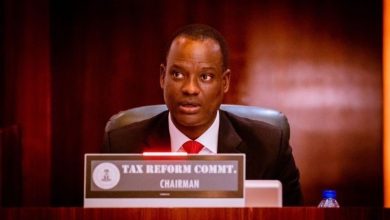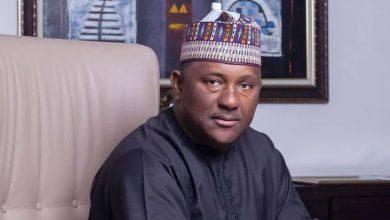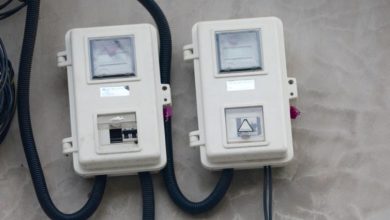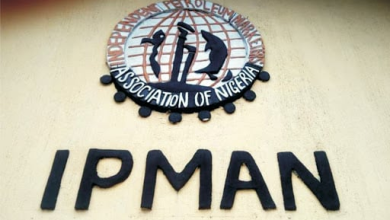West Africa Still Imports 69% of Petrol Despite Growing Refining Capacity
Despite new refineries, West Africa still imports 69% of gasoline, says NMDPRA boss Farouk Ahmed.
He urges a regional fuel pricing system to boost transparency, investment, and energy security.
Despite recent strides in boosting refining capacity across West Africa, the region remains heavily reliant on imported fuel, with nearly 69 per cent of its gasoline supply coming from foreign markets. This was revealed by Farouk Ahmed, the Chief Executive of the Nigerian Midstream and Downstream Petroleum Regulatory Authority (NMDPRA), during the Global Commodity Insights Conference held in Abuja on Tuesday.
The event, co-hosted by NMDPRA and S&P Global Commodity Insights, focused on improving West Africa’s refined fuel market. Ahmed shared that, as of 2025, the region trades an average of 2.05 million metric tonnes of gasoline monthly, but only about 31 per cent of this is produced locally approximately 0.61 million MT. The remaining 1.44 million MT, or 69 per cent, is still imported.
He explained that even though Nigeria, Ghana, Niger, Senegal, and Côte d’Ivoire have upgraded their refining capacities to collectively produce around 1.335 million barrels per day, it hasn’t significantly reduced the region’s reliance on fuel imports.
“West Africa continues to rely on international supply chains,” Ahmed said, adding that the region still uses pricing benchmarks from foreign markets such as Northwest Europe, the U.S. Gulf Coast, Singapore, and the Arab Gulf. These external benchmarks, he noted, don’t reflect the true costs and logistics realities of the African fuel market.
He called for the creation of a regional pricing index to better align with local conditions, increase transparency, and support investment across the fuel value chain.
“As a region, we must define our own pricing system,” Ahmed said. “A regional price index will enhance market development and improve energy security.”
According to him, Nigeria has already made progress in this direction under President Bola Tinubu’s administration, particularly with reforms like the implementation of the Petroleum Industry Act (PIA) and the full deregulation of the downstream petroleum sector. These policies, he said, have begun attracting investment in refining, storage, and digital trading platforms.
He added that Nigeria is well-positioned to become a major fuel distribution hub for the West African coast, thanks to its deep seaports, upgraded maritime infrastructure, and active coastline.
Ahmed pointed to ongoing projects like the Dangote Refinery and the rehabilitation of state-run refineries as major contributors to Nigeria’s future refining growth. He also cited the OPEC World Oil Outlook, which forecasts an additional 1.2 million barrels per day of refining capacity across Africa between 2025 and 2030, with West Africa playing a big role.
To support this growth, Ahmed said the NMDPRA is partnering with S&P Global to develop tailored price indices for products like petrol, diesel, aviation fuel, and cooking gas. These indices will help fuel marketers make better decisions and encourage investment in regional infrastructure.
“Our goal is a transparent, data-driven market that reflects the true value of fuel in West Africa,” Ahmed stated.
In a related message posted on X, President Tinubu echoed similar sentiments, urging African nations to stop being passive players in the global energy market.
“Africa can no longer remain a price taker for its resources,” Tinubu said. “It’s time to establish credible, transparent benchmarks that reflect our realities and protect our economies.”
He emphasized the importance of building an integrated African energy market that encourages trade, secures energy for local populations, and drives prosperity across borders.
“This is how we shape our energy future,” Tinubu wrote. “We must price what we produce, trade on our terms, and secure value for our economies and generations to come.”
The conference, according to Tinubu, offers a crucial opportunity for Africa to take control of its energy value chains by creating an Africa-led pricing system rooted in transparency and regional cooperation.



